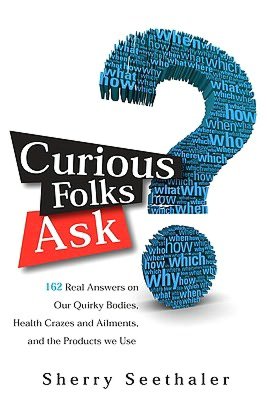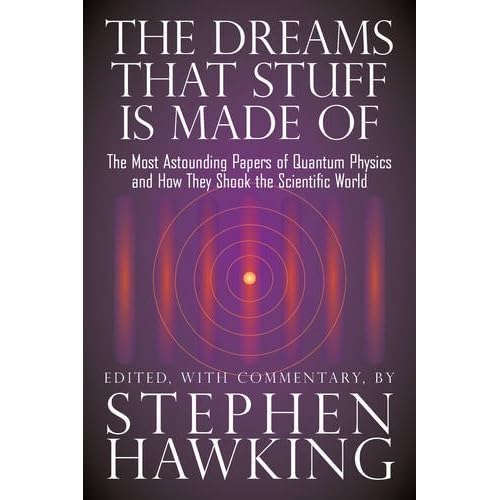All of this writing about time travel reminded me of a good book on philosophy of science by Barry Dainton. So here's a short review.
First of all I would like to say that I really love these philosophy of science books, as you almost don't have to know any university level physics or mathematics to enjoy them. On the same time they usually give you an introduction to science concepts required to understand the book. So these philosophy of science books really seem a great choice for laymen, who hate math equations.
Time and Space is a book about the philosophy of time and space, also it contains a fair share of science for science lovers. The book was first published in 2001 and the 2nd edition in 2010. Its author, Barry Dainton is a professor of Philosophy at the University of Liverpool. He is also an author of two other great books The Phenomenal Self and Stream of Consciousness.
Time and Space contains 22 chapters covering the most important problems and advances in both physics and philosophy of science regarding space and time. These chapters include The Block Universe, Asymmetries Within Time, Time Travel, Time and Consciousness, General Relativity, String Theory and more
The author can explain concepts of philosophy and science in simple words, which makes this a good book for beginners. Also the book contains nice diagrams and pictures which help you visualising the concepts. Also, as I said, the book has no maths, which is good if you don't like equations. However, simple math concepts are explained through diagrams and pictures, which is great.
All in all, Space and Time, is a great book for philosophy and physics lovers. Even though the book, doesn't have a lot of real physics theory, it's a great starting point for beginners of general relativity and even some string theory.
Thanks for reading! If you enjoy my stuff, feel free to follow, comment and subscribe.
Also if you're too lazy to go to the library, you can buy the book here:
First of all I would like to say that I really love these philosophy of science books, as you almost don't have to know any university level physics or mathematics to enjoy them. On the same time they usually give you an introduction to science concepts required to understand the book. So these philosophy of science books really seem a great choice for laymen, who hate math equations.
Time and Space is a book about the philosophy of time and space, also it contains a fair share of science for science lovers. The book was first published in 2001 and the 2nd edition in 2010. Its author, Barry Dainton is a professor of Philosophy at the University of Liverpool. He is also an author of two other great books The Phenomenal Self and Stream of Consciousness.
Time and Space contains 22 chapters covering the most important problems and advances in both physics and philosophy of science regarding space and time. These chapters include The Block Universe, Asymmetries Within Time, Time Travel, Time and Consciousness, General Relativity, String Theory and more
The author can explain concepts of philosophy and science in simple words, which makes this a good book for beginners. Also the book contains nice diagrams and pictures which help you visualising the concepts. Also, as I said, the book has no maths, which is good if you don't like equations. However, simple math concepts are explained through diagrams and pictures, which is great.
All in all, Space and Time, is a great book for philosophy and physics lovers. Even though the book, doesn't have a lot of real physics theory, it's a great starting point for beginners of general relativity and even some string theory.
Thanks for reading! If you enjoy my stuff, feel free to follow, comment and subscribe.
Also if you're too lazy to go to the library, you can buy the book here:







 5:08 PM
5:08 PM
 silentbob14
silentbob14



